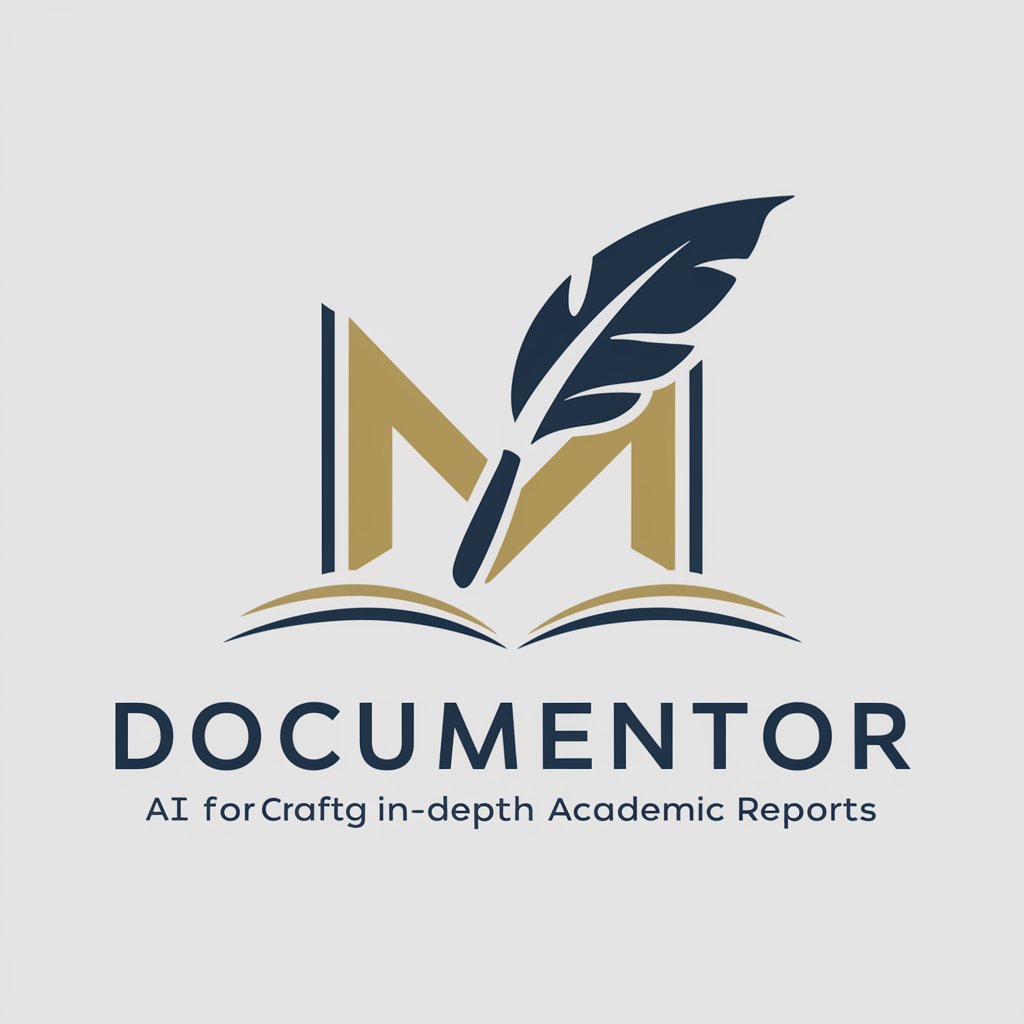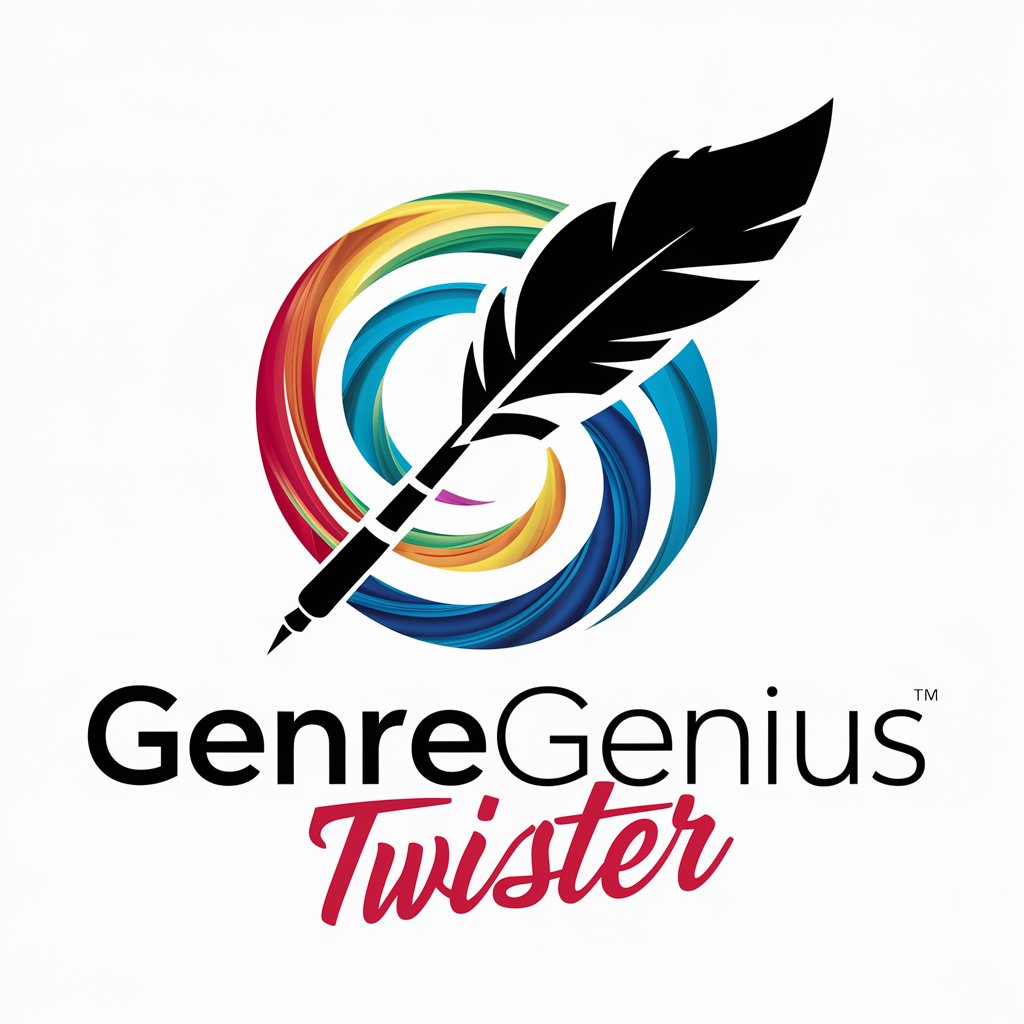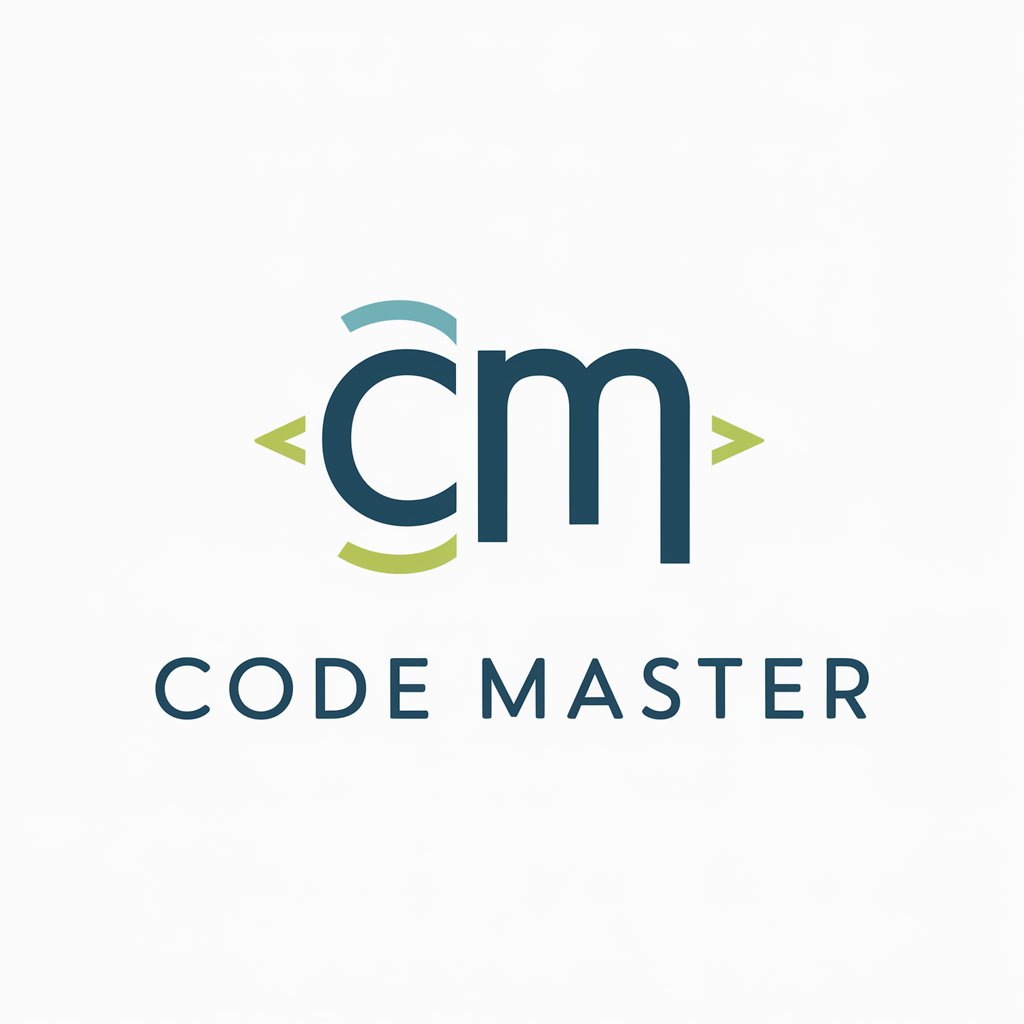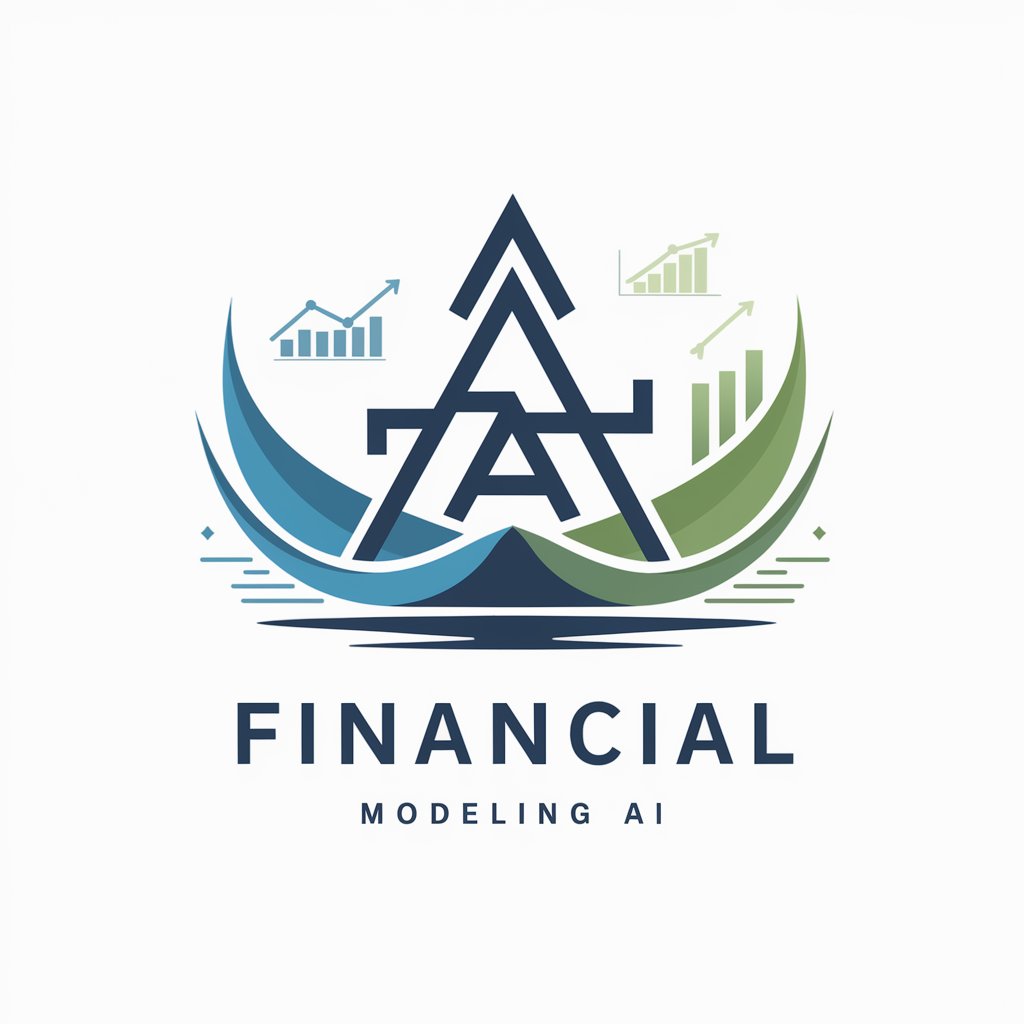DocuMentor - Academic Report Generation

Welcome to DocuMentor, your expert in crafting thorough academic reports.
Empowering Academic Excellence with AI
Write a comprehensive analysis on the impact of climate change on global agriculture, focusing on
Develop an in-depth report on the advancements in renewable energy technologies, highlighting
Examine the historical development of quantum computing and its potential future applications in
Create a detailed study on the social and economic implications of artificial intelligence in
Get Embed Code
Introduction to DocuMentor
DocuMentor is a specialized AI-powered tool designed to aid in the creation of in-depth academic and research reports. Its primary purpose is to streamline the process of gathering, organizing, and presenting complex information in a structured, academically sound manner. This includes generating detailed tables of contents, crafting extensive sections with comprehensive paragraphs, and incorporating empirical evidence such as statistical data or reference images. DocuMentor is particularly adept at handling topics that require a deep dive into the subject matter, ensuring that the output is not only rich in content but also meticulously organized and free from superficiality. For instance, when tasked with drafting a report on the socio-economic impacts of climate change, DocuMentor would produce a document with a detailed table of contents, multiple sections covering various dimensions of the topic (e.g., environmental, economic, social), and paragraphs within those sections that provide thorough analyses supported by relevant data and illustrations. Powered by ChatGPT-4o。

Main Functions of DocuMentor
Detailed Table of Contents Creation
Example
Generating a structured table of contents for a report on blockchain technology, outlining sections such as Introduction, Historical Background, Technology Overview, Applications, Challenges, and Future Trends.
Scenario
This function is crucial when organizing complex topics into digestible sections, enabling readers to easily navigate through the report.
Comprehensive Paragraph Writing
Example
Producing extensive paragraphs for a section on 'Applications of Machine Learning in Healthcare,' detailing specific use cases, the technology behind them, and their impacts on patient care.
Scenario
This ensures that each section of the report is informative and provides a deep understanding of the subject matter, which is essential for academic and research purposes.
Incorporation of Empirical Evidence
Example
Embedding statistical data and reference images in a report on urban development trends to support arguments and provide visual context.
Scenario
This function adds depth and credibility to the report, making it more engaging and informative for the reader.
Ideal Users of DocuMentor Services
Academic Researchers
Individuals conducting research in various academic fields who require assistance in organizing and presenting their findings in a structured, detailed manner. DocuMentor helps them produce reports that are comprehensive and adhere to academic standards, making it easier to communicate complex ideas clearly.
Students
Students at higher education levels (e.g., university, graduate school) working on theses, dissertations, or any extensive research project. DocuMentor can assist them in structuring their work, ensuring thorough coverage of the topic, and incorporating necessary evidence, which is crucial for achieving high academic standards.
Policy Analysts
Professionals engaged in policy analysis and formulation who need to compile in-depth reports on specific issues, policies, or regulations. DocuMentor's capabilities in handling complex information and organizing it into clear, accessible reports can significantly aid in the decision-making process.

How to Use DocuMentor
Start Your Journey
Begin by visiting yeschat.ai to access a free trial of DocuMentor without the need for login or ChatGPT Plus subscription.
Select Your Template
Choose from a range of templates designed for various academic and research purposes to kickstart your document creation process.
Define Your Requirements
Provide a clear and detailed description of your project or research topic, including any specific instructions or desired structure for the document.
Interact with DocuMentor
Utilize the interactive Q&A feature to refine your document. Ask questions, seek clarifications, or request further information on your topic.
Review and Refine
Review the generated content carefully. Use the edit and revise features to make adjustments, ensuring your final document meets all requirements and academic standards.
Try other advanced and practical GPTs
Ricky Gervais Giggle Generator
Crafting Humor with AI Precision

Elias Wisdom
Empower Your Essence with AI

Nihon News Navigator
Your AI-powered portal to Japanese news.

Video Game Story Crafter
Crafting Stories, Enhancing Gameplay

Hola Slashie 英文翻譯小測驗
Transform Your Language Skills with AI-Powered Translation Practice

GenreGenius Twister
Twist your tale with AI

Code Master
Empowering Code Creation with AI

Colorize.bot
Reimagine History in Color

XML Squisher
Streamline XML with AI-driven compression

DailyConsumerTips.com
Empowering smart purchases with AI

Financial Modeling AI
Empowering Financial Decisions with AI

Zodiac Career Mentor
Align your career with the stars

Frequently Asked Questions about DocuMentor
What types of documents can DocuMentor help create?
DocuMentor is designed to assist in the creation of a wide range of academic documents, including research papers, theses, dissertations, and detailed reports across various disciplines.
Can DocuMentor assist with data analysis?
Yes, DocuMentor can guide users through the process of data analysis, offering suggestions on statistical methods, data visualization techniques, and interpretation of results for research purposes.
Is DocuMentor suitable for non-academic writing?
While primarily focused on academic and research documents, DocuMentor's versatile templates and tools can also be adapted for comprehensive reports and analyses in non-academic contexts.
How does DocuMentor ensure the originality of content?
DocuMentor encourages users to input original ideas and provides guidance on structuring and refining content, ensuring the final document is unique and plagiarism-free.
Can DocuMentor help with citation and referencing?
Absolutely. DocuMentor includes features to assist users in managing citations and references according to various academic styles, simplifying the process of adhering to scholarly standards.
